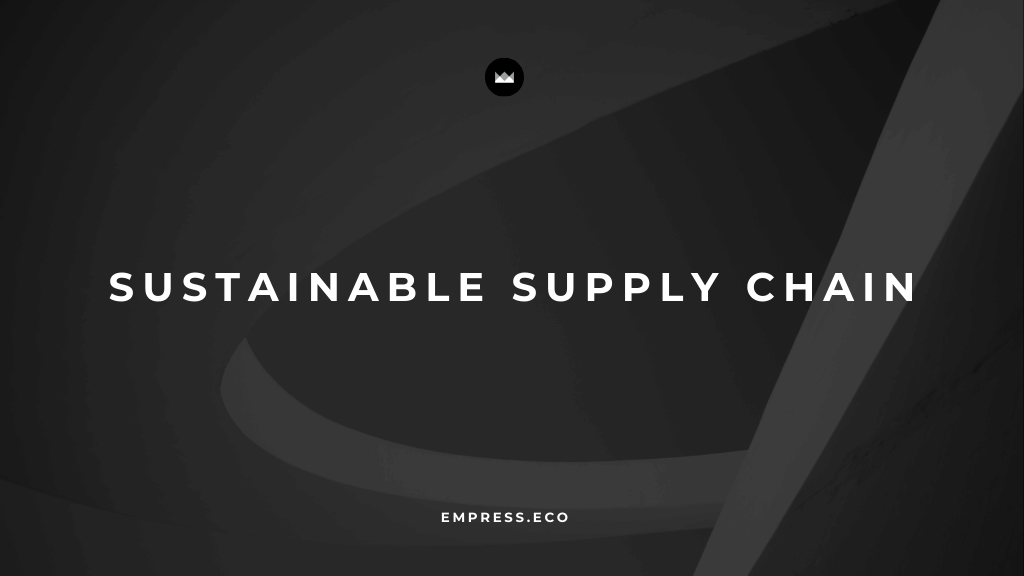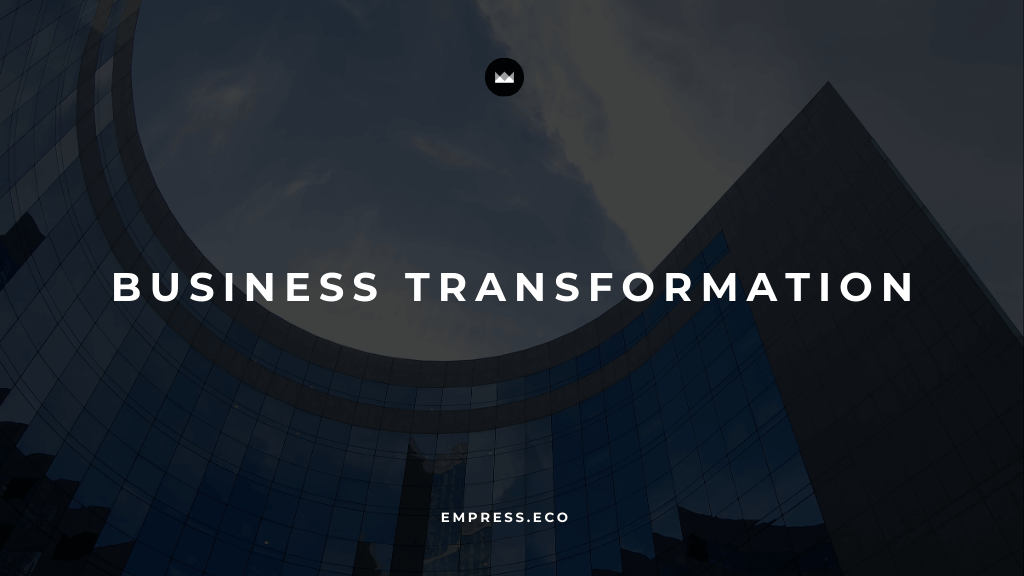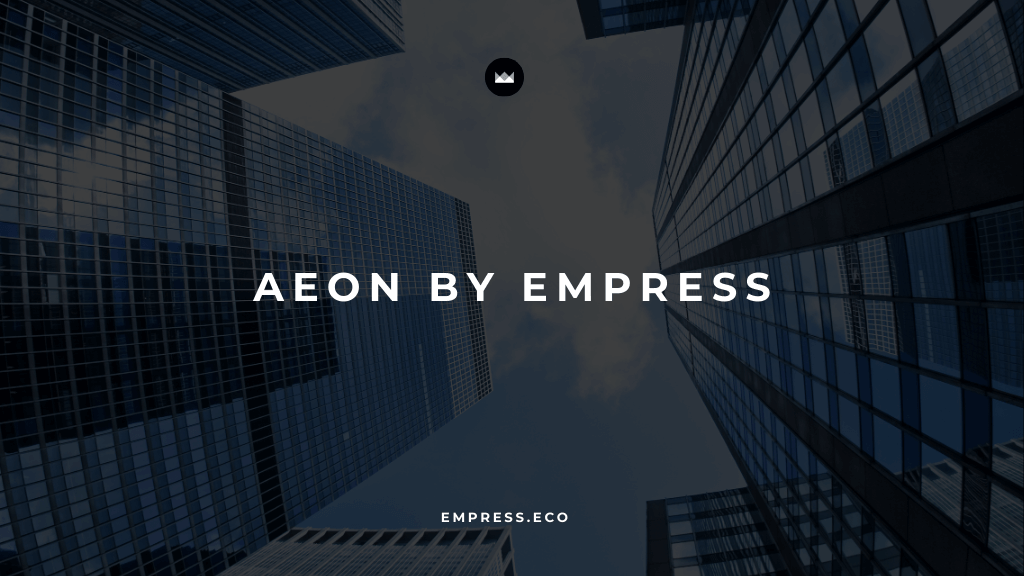
Optimize Supply Chains with Sustainable Practices from EDGE’s Proven Framework
Transform your supply chain into a model of sustainability and ethical sourcing.
Table of Contents
Sustainability isn’t just a trend—it’s a necessity. Organizations are increasingly expected to adopt sustainable practices, not only to reduce their environmental impact but also to meet the growing demands of conscious consumers and stakeholders. A sustainable supply chain is at the heart of this transformation, serving as the backbone of responsible business operations. Our Optimize Your Supply Chain Sustainably program is designed to help your organization lead the way in sustainable practices, ensuring that every aspect of your supply chain is ethical, transparent, and environmentally responsible.
This program equips your team with the knowledge, tools, and strategies needed to create a supply chain that meets and exceeds the highest standards of sustainability. By embedding sustainability into your operations, your organization can enhance efficiency, reduce environmental impact, and build lasting trust with consumers and stakeholders, positioning your brand as a leader in responsible business practices.
Why Sustainable Supply Chain Optimization is Essential for Success
The modern consumer is more informed and more concerned about the origins of the products they purchase. They want to know that the companies they support are operating responsibly, both ethically and environmentally. As a result, organizations that fail to prioritize sustainability in their supply chains risk losing market share, damaging their reputation, and facing regulatory penalties.
On the other hand, companies that lead in sustainable supply chain practices not only mitigate these risks but also gain a competitive advantage. They build stronger relationships with consumers, earn the trust of stakeholders, and create a resilient, future-proof supply chain that can adapt to emerging challenges. By optimizing your supply chain for sustainability, your organization can meet the demands of today’s market while setting the stage for long-term success.
How Sustainable Supply Chain Optimization Will Transform Your Business
Let’s explore the key areas where our program can make a significant impact on your organization:
1. Strategic Supply Chain Transformation
The foundation of a sustainable supply chain is a strategic approach that integrates sustainability into every facet of your operations. Our program begins by guiding you in the development and implementation of strategies that transform your supply chain into a model of sustainability, ethical sourcing, and operational efficiency.
We help you design a supply chain that minimizes environmental impact while maintaining high levels of efficiency. This includes adopting practices that reduce energy consumption, optimize resource use, and streamline logistics to minimize waste.
For example, if your organization relies on a complex global supply chain, we’ll help you identify opportunities to reduce carbon emissions by optimizing transportation routes, consolidating shipments, and transitioning to more sustainable packaging materials. By integrating sustainability into your supply chain operations, you can reduce costs, enhance efficiency, and position your brand as a leader in responsible business practices.
2. Implementing Ethical Sourcing Practices
Ethical sourcing is a critical component of a sustainable supply chain. It ensures that all materials and products are sourced in a manner that respects human rights, labor standards, and environmental protection. Our program focuses on helping you establish and implement ethical sourcing practices that align with global standards and build trust with consumers and stakeholders.
We guide you in developing sourcing policies that prioritize suppliers who adhere to ethical labor practices, environmental protection, and fair trade principles. This might involve conducting supplier audits, establishing long-term partnerships with ethical suppliers, and implementing traceability systems to ensure transparency in your supply chain.
For instance, if your organization sources raw materials from multiple countries, we’ll help you implement a supplier code of conduct that outlines your ethical standards and expectations. By working closely with your suppliers to ensure compliance, you can mitigate the risks of unethical practices and build a supply chain that reflects your commitment to social and environmental responsibility.
3. Enhancing Supply Chain Transparency
Transparency is key to building trust with consumers, stakeholders, and regulators. It allows you to track and communicate the origins of your products, the practices of your suppliers, and the environmental impact of your operations. Our program emphasizes the importance of enhancing transparency across your supply chain, enabling better tracking and communication.
We guide you in implementing systems and technologies that increase visibility into your supply chain, such as blockchain for traceability, real-time monitoring tools, and transparent reporting mechanisms. This transparency not only helps you meet regulatory requirements but also allows you to share your sustainability efforts with consumers, enhancing your brand’s reputation.
For example, if your organization produces consumer goods, we’ll help you implement a blockchain-based traceability system that allows customers to scan a QR code on the packaging and learn about the product’s journey from raw material to finished good. By enhancing transparency, you can build consumer trust and differentiate your brand in a crowded market.
4. Reducing Environmental Impact
Reducing the environmental impact of your supply chain is not only good for the planet but also for your bottom line. Sustainable practices such as energy efficiency, waste reduction, and sustainable logistics can lead to significant cost savings and operational efficiencies. Our program helps you identify and implement strategies to minimize your supply chain’s environmental footprint.
We guide you in adopting practices that reduce energy consumption, such as transitioning to renewable energy sources, optimizing production processes, and implementing energy-efficient technologies. Additionally, we help you minimize waste through sustainable logistics practices, such as reducing packaging materials, optimizing transportation routes, and implementing circular economy principles.
For instance, if your organization operates a manufacturing facility, we’ll help you identify opportunities to reduce energy consumption by upgrading to energy-efficient machinery, implementing energy management systems, and optimizing production schedules. By reducing your environmental impact, you can enhance your brand’s sustainability credentials and reduce operational costs.
5. Integrating Circular Economy Principles
The circular economy is an approach to production and consumption that focuses on reducing waste, reusing materials, and recycling resources. By integrating circular economy principles into your supply chain, you can create a more sustainable and resilient operation that minimizes resource use and maximizes value.
Our program helps you embed circular economy principles into your supply chain, from product design to end-of-life management. This includes designing products for durability and recyclability, establishing take-back programs, and creating closed-loop supply chains that minimize waste and maximize resource efficiency.
For example, if your organization produces electronic devices, we’ll help you design products that are easier to repair, upgrade, and recycle, reducing the environmental impact of your products throughout their lifecycle. By adopting circular economy practices, you can create a supply chain that is not only sustainable but also innovative and future-proof.
6. Collaborating with Suppliers for Sustainability
Sustainability is a collective effort that requires collaboration with your suppliers. By working closely with your suppliers to enhance sustainability throughout the supply chain, you can create long-term partnerships that drive collective success and ensure the resilience of your supply chain.
Our program focuses on fostering strong, sustainable supplier partnerships. We guide you in engaging with suppliers to improve their sustainability practices, establishing joint sustainability goals, and creating incentives for suppliers who meet or exceed your sustainability standards.
For instance, if your organization sources raw materials from multiple suppliers, we’ll help you establish a supplier sustainability program that includes regular assessments, capacity-building initiatives, and recognition for suppliers who demonstrate leadership in sustainability. By collaborating with your suppliers, you can ensure that sustainability is integrated throughout your supply chain, from raw material extraction to final product delivery.
Achieving Long-Term Success with Sustainable Supply Chain Optimization
By the end of our program, your organization will be well-equipped to lead in sustainable supply chain practices, ensuring that your operations are not only efficient but also environmentally responsible and ethically sound. Here’s what you can expect:
1. A Transformative Supply Chain
With a focus on strategic supply chain transformation, your organization will have a supply chain that prioritizes sustainability, reduces environmental impact, and enhances operational efficiency. You’ll be positioned as a leader in responsible business practices, setting a new standard for sustainability in your industry.
2. Ethical and Transparent Sourcing
By implementing ethical sourcing practices and enhancing transparency, your organization will build stronger relationships with consumers and stakeholders, earning their trust and loyalty. You’ll ensure that all materials and products are sourced responsibly, reflecting your commitment to social and environmental responsibility.
3. Significant Environmental Impact Reduction
By adopting practices that reduce energy consumption, minimize waste, and integrate circular economy principles, your organization will significantly reduce its environmental impact. You’ll not only enhance your sustainability credentials but also achieve cost savings and operational efficiencies.
4. A Circular, Future-Proof Supply Chain
With the integration of circular economy principles, your supply chain will be more resilient and sustainable, capable of adapting to future challenges and opportunities. You’ll create a closed-loop system that maximizes resource efficiency and minimizes waste, positioning your organization as an innovator in sustainability.
5. Strong, Sustainable Supplier Partnerships
By collaborating with your suppliers to enhance sustainability, you’ll create long-term partnerships that drive collective success and ensure the resilience of your supply chain. You’ll engage your suppliers in a shared commitment to sustainability, building a supply chain that is both sustainable and competitive.
Ready to Lead with a Sustainable Supply Chain?
Our Optimize Your Supply Chain Sustainably program is designed for organizations that are ready to transform their supply chain into a global benchmark of sustainability, transparency, and ethical sourcing. By partnering with us, you’ll gain the tools, knowledge, and support you need to create a supply chain that meets and exceeds the highest standards of responsible business practices.
Don’t just adapt to the demands of today’s market—lead the way with a sustainable supply chain that sets new standards for your industry. Explore our program today and discover how sustainable supply chain optimization can transform your operations, enhance your brand’s reputation, and ensure long-term success. With the right strategies in place, your supply chain isn’t just sustainable—it’s exemplary.
Empress Newsletter
Join the newsletter to receive the latest updates in your inbox.







